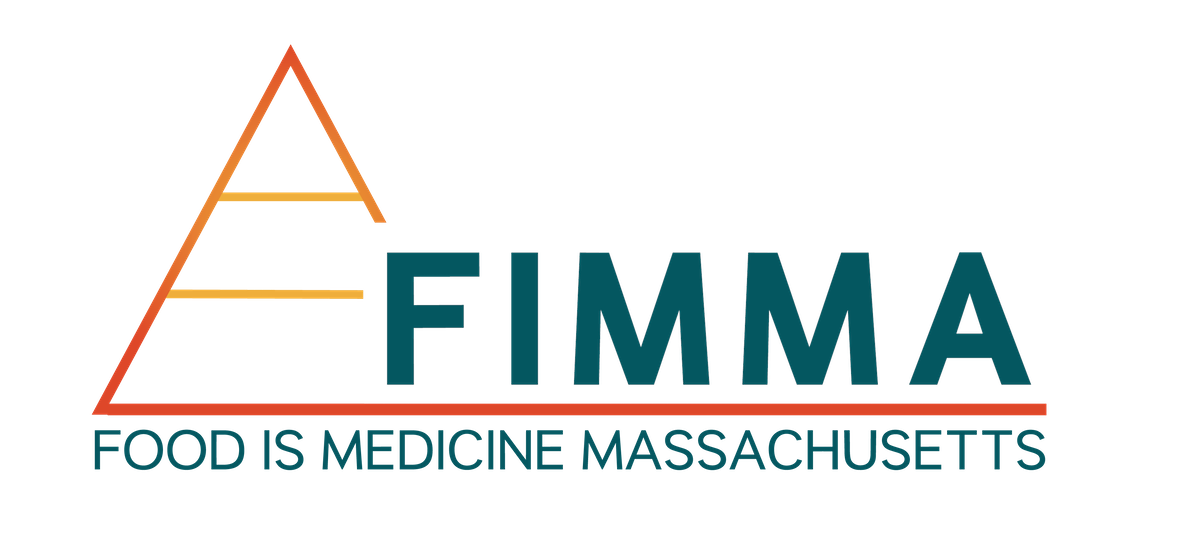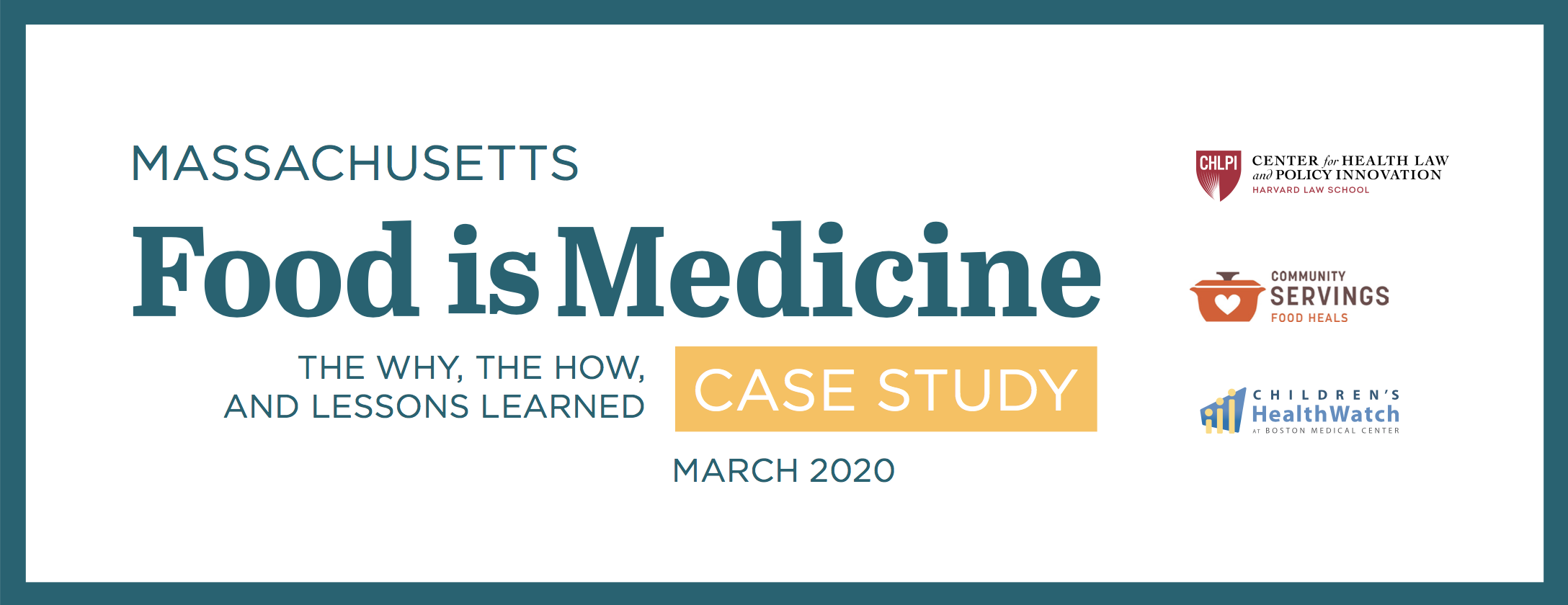Since the Massachusetts Food is Medicine State Plan was published in June of 2019, the Center for Health Law and Policy Innovation (CHLPI) and Community Servings, who co-authored the plan, have received numerous inquiries about the creation and implementation of the state-wide initiative. In an effort to inform the public and encourage similar initiatives outside of Massachusetts, Children’s HealthWatch, CHLPI, and Community Servings co-authored the Massachusetts Food is Medicine State Plan Case Study. The Case Study was debuted this past weekend at the Food Research & Action Center Conference (FRAC) National Anti-Hunger Policy Conference in Washington D.C. Representing CHLPI, Sarah Downer presented the findings on the panel for Food Insecurity in Health, a session that took a deep dive into three recent initiatives to advance the health and well-being of families struggling with food insecurity.
In addition to the new Massachusetts Food is Medicine State Plan Case Study, the FRAC panel, moderated by Rich Sheward from Children’s HealthWatch, highlighted improved medical coding for advancing food insecurity screening and intervening as well as a new nutrition rating system designed for use in food banks. This year, the panel was not the only session at the FRAC conference that focused on the connection between food and health. Sarah Downer spoke to the implications of this dramatic shift:
“For a conference that just started to broach the topic nine years ago, the number of presentations focusing on food insecurity and health that were available last weekend is emblematic of the broader increased recognition of the critical connection between poverty, food insecurity, nutrition, and health as well as the opportunity to coordinate our food and health care systems.”
The Massachusetts Food is Medicine State Plan Case Study provides an in depth look at how the State Plan was created, spotlighting what strategies were critical to sustaining state-wide coordination and support. Complete with lessons learned, takeaways, and tips for context-specific application, the case study addresses many of the questions the team has received since the debut of the Massachusetts Food is Medicine State Plan and the launch of Food is Medicine Massachusetts (FIMMA), a statewide, multi-sector coalition that spearheads implementation.
As the the public continues to learn about the impact of food insecurity and nutrition on health, health care costs, and quality of life, we expect to see a rise in advocacy for programs and policies that improve access to Food is Medicine interventions. This Case Study is a vital resource for all national organizations and policymakers interested in creating their own state plans.
Download the Massachusetts Food is Medicine State Plan Case Study to learn more today.

